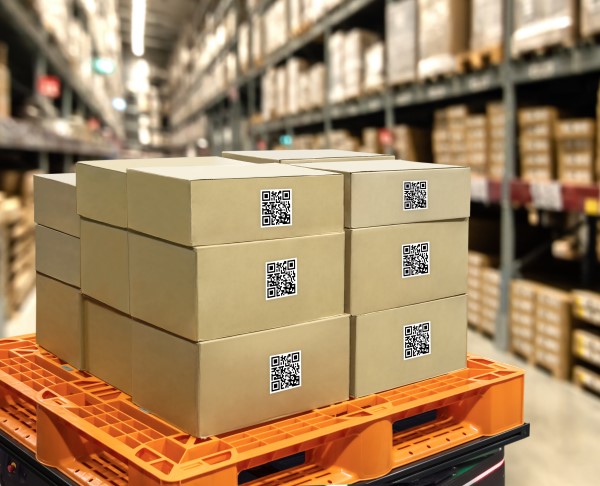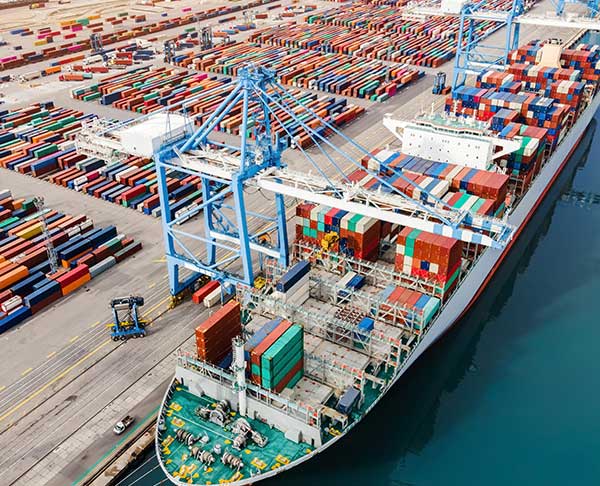
The Evolving Cyber Threat Landscape in the Logistics and Transportation Industry
The logistics and transportation industry has become increasingly dependent on digital technologies for managing complex supply chains, tracking shipments, and improving overall operational efficiency. However, this growing reliance on technology also exposes companies to a myriad of cyber threats that can have severe consequences. In recent years, the frequency, sophistication, and potential impacts of cyber attacks on transportation companies have reached unprecedented levels, making it crucial for organizations to understand the evolving threat landscape and take appropriate measures to safeguard their assets.
Vulnerabilities and Risk Factors
The following factors contribute to the heightened risk of cyber threats in the logistics and transportation industry:
Interconnected Networks
Modern transportation systems rely on interconnected networks that facilitate communication between various components, such as vehicles, infrastructure, and control centers. While these networks improve efficiency and enable real-time data exchange, they also create multiple entry points for cybercriminals to infiltrate and compromise critical systems.
Reliance on Digital Systems
Digital systems are at the core of modern logistics and transportation operations, automating processes such as route planning, inventory management, and shipment tracking. However, these systems can be vulnerable to cyber attacks if not properly secured, potentially leading to significant disruptions and financial losses.
Integration of IoT Devices
The integration of Internet of Things (IoT) devices into transportation systems, such as GPS trackers, sensors, and smart vehicles, has introduced new security vulnerabilities. Many IoT devices lack robust security features, making them susceptible to hacking and manipulation by cyber criminals.
Prevalent Cyber Threats and Their Consequences
Some of the most common cyber threats faced by the logistics and transportation sector include:
Ransomware Attacks
Ransomware attacks involve encrypting an organization’s data and demanding payment in exchange for the decryption key. These attacks can have severe consequences for transportation companies, as seen in the recent Colonial Pipeline incident, which caused widespread fuel shortages and significant financial losses.
Supply Chain Compromises
Cybercriminals can target third-party vendors or suppliers to gain unauthorized access to a transportation company’s systems. The SolarWinds breach, which affected several industries, including logistics, is an example of a supply chain compromise that led to widespread data theft and system disruptions.
Unauthorized Access to Control Systems
Transportation control systems, such as traffic management centers and railway signaling systems, are critical for maintaining safe and efficient operations. Unauthorized access to these systems could result in accidents, service disruptions, and even loss of life.
Data Breaches
Data breaches involve unauthorized access to sensitive information, such as customer data, intellectual property, or trade secrets. These incidents can lead to lost revenue, reputational damage, regulatory penalties, and legal liabilities for transportation companies.
Proactive Measures and Best Practices
Developing a comprehensive cybersecurity plan is one of the best steps logistics and transportation companies can take to protect their supply chains and networks. Consider these best practices when building your cybersecurity plan.
Regular Risk Assessments
Conducting regular risk assessments helps organizations identify potential vulnerabilities in their networks, systems, and processes, allowing them to prioritize and address security gaps before they can be exploited.
Employee Training
Employees play a crucial role in maintaining a strong cybersecurity posture. Providing regular training on cybersecurity awareness, best practices, and incident response can help employees recognize and respond to potential threats effectively.
Strong Data Encryption
Implementing robust encryption protocols for sensitive data, both in transit and at rest, can minimize the risk of unauthorized access and data breaches.
Collaboration with Cybersecurity Experts
Partnering with cybersecurity experts can provide organizations with the necessary expertise, resources, and tools to stay ahead of emerging threats and ensure the ongoing security of their digital assets.
The logistics and transportation industry faces a dynamic and evolving cyber threat landscape that requires proactive measures and a robust cybersecurity strategy. By understanding the vulnerabilities and risks associated with their digital systems and adopting best practices, organizations in this sector can safeguard their operations, protect their customers’ data, and maintain a competitive edge in an increasingly connected world.
MORE ARTICLES

ONE YEAR OUT: HOW PANDEMIC SHUTDOWNS ARE IMPACTING SUPPLY CHAINS
Despite their best efforts, supply chains across industries are still in flux from the impact of global manufacturing and shipping shutdowns in spring 2020.



